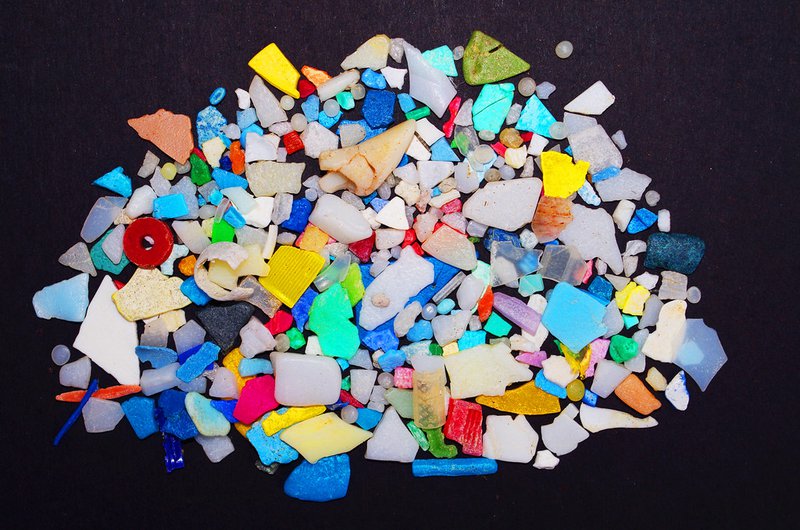Recent research has revealed alarming findings about the presence of microplastics in human testicles, raising significant concerns about their potential impact on male fertility.
The study, conducted by scientists at the University of New Mexico and published in the journal Toxicological Sciences, examined both human and canine testicles and discovered microplastics in every sample tested.
Microplastics, which are tiny plastic particles less than 5 millimetres in size, are pervasive in the environment, resulting from the breakdown of larger plastic items and the shedding of synthetic fibres from fabrics. These particles have been found in various ecosystems and even in human organs, but their presence in reproductive tissues is particularly troubling.
The study found that human testicle samples contained nearly three times the amount of microplastics compared to canine samples, averaging 330 micrograms per gram of tissue. Researchers identified 12 different types of microplastics in the testicles, with polyethylene (commonly used in plastic bags and bottles) being the most prevalent. Other plastics like PVC, known for its use in plumbing and various industrial applications, were also detected.
The presence of microplastics in testicular tissue suggests potential interference with spermatogenesis, the process of sperm production. Polyvinyl chloride (PVC) in particular is known to release chemicals that disrupt endocrine functions and hinder sperm development. These findings add to a growing body of evidence suggesting that environmental pollutants, including microplastics, may contribute to declining sperm counts globally.
Dr. Xiaozhong Yu, the lead author of the study, expressed his surprise at the results, initially doubting whether microplastics could infiltrate the reproductive system. The discovery in human samples, which spanned an age range of 16 to 88 years, highlights the pervasive nature of microplastic pollution and its potential long-term effects on younger generations who are growing up in an increasingly plastic-laden world.
The implications of these findings are profound, as they suggest that microplastics could be impacting human fertility more than previously understood. While the exact health effects are still under investigation, there is strong evidence linking microplastics to various health issues, including inflammation, cardiovascular diseases, and now, potential reproductive harm.
Environmental advocates and scientists are calling for urgent action to address the widespread use and disposal of plastics. Sian Sutherland, co-founder of A Plastic Planet, emphasizes the need to rethink our relationship with plastic, urging innovation and a shift away from single-use plastics to protect future generations.
As microplastics continue to infiltrate even the most intimate aspects of human health, it becomes increasingly clear that comprehensive measures are necessary to mitigate this growing threat. The health and existence of future generations depend on our ability to reduce plastic pollution and its pervasive impact on the environment and human health.
For more details on the study and its findings, you can refer to the original articles on Popular Science and The Independent.

